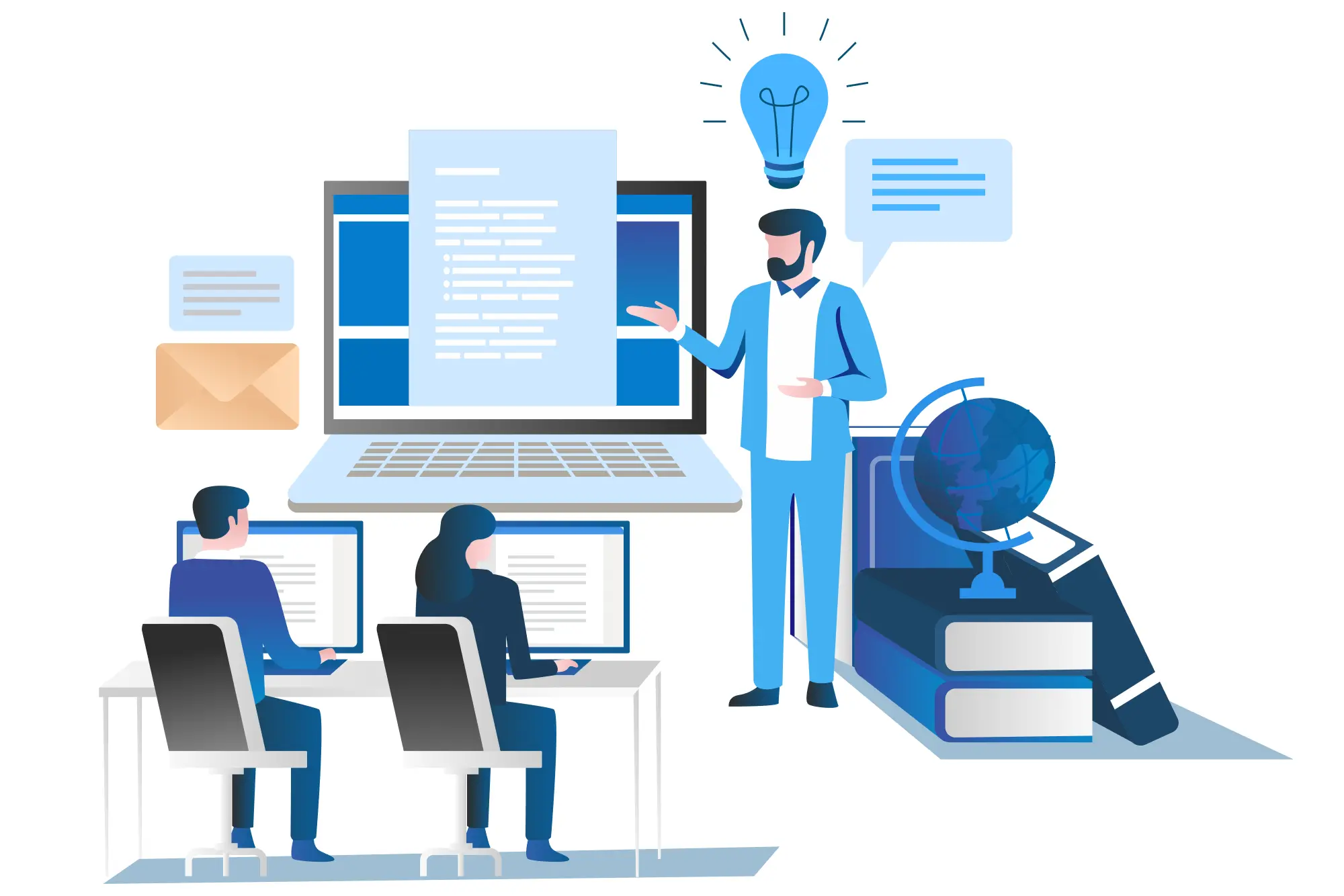No products in the basket.
Becoming an assessor can be a fulfilling career choice, perfect for those who enjoy analysing details and ensuring quality. Are you interested in property, education, or professional skills assessment? This blog will guide you on how to start and succeed in this role. You’ll also find easy-to-follow steps, helpful tips, and all the information you need to become an assessor. Let’s explore what it takes to excel in this important profession and how you can make a difference.
What is an NVQ assessor?
An NVQ (National Vocational Qualification) assessor helps people prove they are good at their jobs. They check if learners have the skills and knowledge needed to meet national standards in their field. Moreover, NVQ assessors visit workplaces or training centres to observe and assess learners. They use different methods, like watching people work and reviewing their work.
NVQ assessors guide and support learners, helping them collect evidence of their abilities. They check the evidence against the NVQ criteria to ensure learners do their jobs correctly.
To become an NVQ assessor, you need experience in your industry and qualifications. It means having good communication skills, being detail-oriented, and enjoying helping others succeed.

What are the responsibilities of the assessor?
Assessors ensure people are well-trained and skilled. They do more than just give tests; they help guide and support the qualification process. Here’s a look at their main duties:
- Assessment Design and Planning: Assessors create or choose the right assessment tools. These tools must match the qualification standards.
- Skills Evaluation: They watch people perform tasks and review their work. Plus, sometimes they interview them to check their skills against the required standards.
- Constructive Feedback: Assessors give detailed and helpful feedback. They also point out strengths, suggest areas for improvement, and offer advice for further development.
- Maintaining Accurate Records: The job of assessors is to keep detailed records of everything they do. These may include observations, feedback, and decisions. This ensures everything is clear and can be reviewed later.
- Continuous Professional Development: They keep learning and improving by staying updated with industry standards and best practices.
- Collaboration and Teamwork: Assessors work with trainers, employers, and other assessors. Plus, this teamwork helps share knowledge and keeps everyone informed during the assessment process.
By doing these tasks well, assessors help create a skilled workforce ready to meet the demands of today’s industries.
How to become an assessor?
To become a fully qualified assessor, there are typically a few key requirements you need to meet:
- Industry Experience: You usually need relevant experience in the field you want to assess. This ensures you have the knowledge and skills to assess others effectively.
- Assessor Qualifications: Most assessors need to achieve a specific qualification. Also, they need to complete the Level 3 Certificate in Assessing Vocational Achievement (CAVA).
- Understanding of Assessment Methods: You should be familiar with different assessment methods and how to apply them accurately.
- Continuing Professional Development (CPD): Assessor qualifications often require you to keep learning and improving your skills.
- Legal and Ethical Considerations: Assessors must understand and adhere to legal and ethical guidelines related to assessment practices.
What is the best assessor’s qualification?
If you want to become an assessor, the best qualification to aim for is the Level 3 Certificate in Assessing Vocational Achievement (CAVA). This qualification is highly regarded in the field and provides the necessary skills. Plus, this course helps you gain knowledge to assess learners in both classroom and workplace settings. Here’s why the Level 3 CAVA is considered the best:
- Complete Training: It teaches you everything about the assessment process, from planning to giving feedback.
- Versatility: You can assess learners in many environments, making this qualification very useful.
- Industry Recognition: Employers and training organisations respect this qualification, making you more employable.
- Foundation for Advancement: It’s a great starting point if you want to get more advanced qualifications later.
- Essential Skills: You’ll learn how to evaluate evidence, keep records, and ensure fair and unbiased assessments.
To become a successful assessor, you have to focus on practical experience. This will prepare you well for a rewarding career as an assessor.
There are several paths to becoming a qualified assessor in the UK. The best option for you will depend on your learning style and preferred format. Here are some of the most common routes:
- Training Providers: Numerous training providers across the UK offer Level 3 assessor qualifications. You can find these providers online or through local colleges and vocational training centres. They typically offer a mix of classroom instruction, practical exercises, and self-directed learning.
- Online Courses: If you prefer a flexible learning schedule, online courses can be a great option. We are offered the NVQ Assessor programme at Training Tale. Furthermore, we provide 24/7 support to our students and certificates after completing this course. These courses often involve video lectures, downloadable materials, and online assessments.





